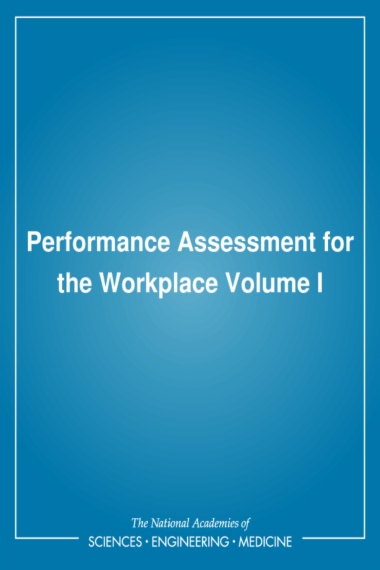

Although ability testing has been an American preoccupation since the 1920s, comparatively little systematic attention has been paid to understanding and measuring the kinds of human performance that tests are commonly used to predict—such as success at school or work. Now, a sustained, large-scale effort has been made to develop measures that are very close to actual performance on the job. The four military services have carried out an ambitious study, called the Joint-Service Job Performance Measurement/Enlistment Standards (JPM) Project, that brings new sophistication to the measurement of performance in work settings.
Volume 1 analyzes the JPM experience in the context of human resource management policy in the military. Beginning with a historical overview of the criterion problem, it looks closely at substantive and methodological issues in criterion research suggested by the project: the development of performance measures; sampling, logistical, and standardization problems; evaluating the reliability and content representativeness of performance measures; and the relationship between predictor scores and performance measures—valuable information that can also be useful in the civilian workplace.